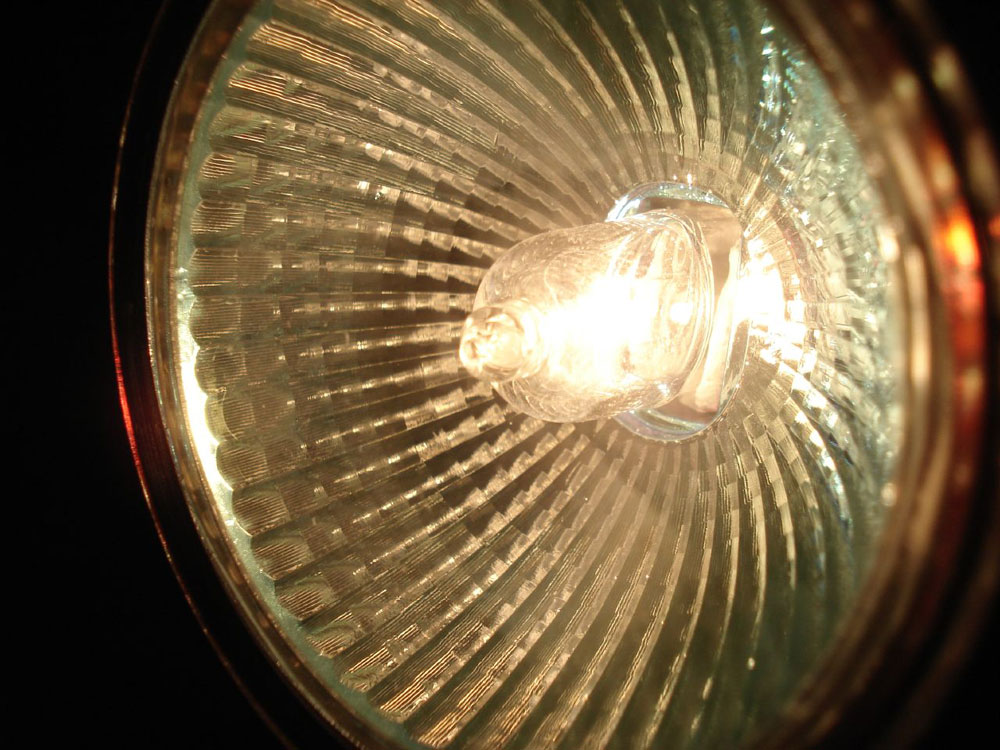
September 17, 2019; Gazette
A free press is considered an essential part of democracy for good reason: few mechanisms can rival the focus and depth of awareness it can produce. And, in our humble opinion, there should be a pinnacle journalism prize for outlets whose reporting produces the most change emanating from a variety of action points.
The Colorado Springs Gazette has, for the past year, been intensively reporting on its state’s mental health crisis, and the effort has begun to bear fruit. Yesterday, the Denver Foundation announced $8.4 million in grants through its Colorado Health Access (CHA) Fund to nonprofits providing mental health services. This follows the announcement of a $100 million initiative backed by the UCM Health System. Another $50 million may be additionally available, as UCM has also offered $25 million in challenge grant money—an invitation to other donors.
Delivery of services will be embedded in current systems where people with mental health issues may be in need—emergency rooms and primary care offices, jails and prisons, and, yes, even in homes through the provision of online therapy services. The grants are aimed at strengthening a number of levels and functions in the mental health system, going as far as to fund advocacy and incentivize those who agree to work in underserved areas by helping with student loans.
Sign up for our free newsletters
Subscribe to NPQ's newsletters to have our top stories delivered directly to your inbox.
By signing up, you agree to our privacy policy and terms of use, and to receive messages from NPQ and our partners.
“The CHA Fund is supporting important work at a time of major developments in the field of behavioral health in Colorado,” said Dace West, vice president of community impact at The Denver Foundation, in a statement. “We are grateful for the many partners and organizations that share our commitment to broadening access to behavioral health care across the state.”
The Colorado Health Access Fund was seeded with an anonymous $40 million gift to the foundation in 2015, and it is expected to spend around $5 million a year through 2022.
Understanding journalism in fourth-estate terms helps explain the recent migration of a portion of the press to the nonprofit sector, although the Gazette is still for-profit.—Ruth McCambridge













